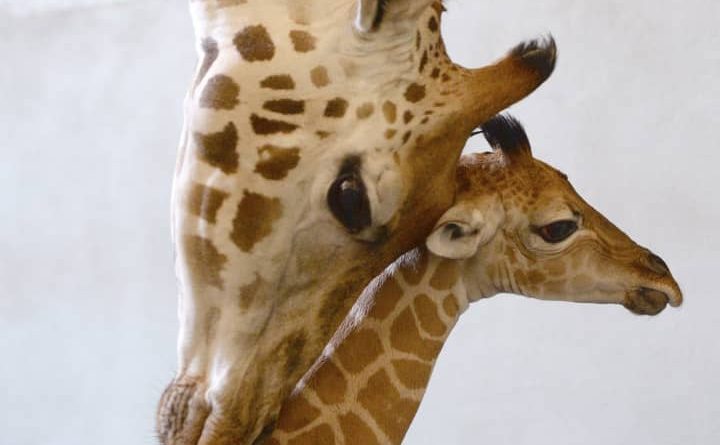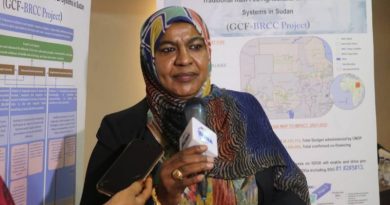May 22nd is International Day for Biological Diversity
To promote awareness and support conservation and protection efforts
The 22nd of May of each year marks the celebration of the International Day for Biological Diversity, on the anniversary of the adoption of the Convention on Biological Diversity on May 22, 1992, during the Earth Summit in Brazil. The day’s objective is to promote awareness of the value of biodiversity, the threats to its existence and the importance of preserving it.
On this occasion, the Higher Council for Environment and Natural Resources prepared various activities to celebrate and sent an outreach message:
In this major initiative of international cooperation the topic of biodiversity is concerned with stakeholders in: sustainable agriculture, desertification, land degradation and drought; water and sanitation; health and sustainable development; energy ; science, technology and innovation, knowledge sharing and capacity building; urban resilience and adaptability; sustainable transport; climate change and disaster risk reduction; oceans and seas; forests ; vulnerable groups including indigenous peoples and food security.
This year’s celebration comes under the slogan: “Building a shared future for all life.”
To continue building momentum and support, the 2020 Biodiversity Framework to be adopted at the 15th Conference of Parties of the United Nations Framework Convention on Climate Change this year.
Biodiversity still the answer to many sustainable development challenges; From nature-based solutions to climate, health, food and water security and sustainable livelihoods.
Biodiversity is understood only in terms of the great diversity of plants, animals and microorganisms, but also it includes the genetic differences in each species.
For example, between crop varieties and livestock breeds. The ecosystems are diverse from lakes, forests, deserts and wetlands, which contain multiple types of interactions between their human members, plants and animals.
Biodiversity resources are the pillars upon which civilizations are built. For instance, fish provides 20 percent of animal protein to nearly three billion people. Plants provide more than 80 percent of the human diet. Nearly 80 percent of the population living in rural areas in the developing countries depends on traditional plant medicines for basic health care.
Nevertheless, biodiversity loss threats everyone, including public health. Biodiversity loss has been proven to increase zoonotic diseases transmitted from animals to humans. While on the other hand, if we maintain biodiversity, it offers excellent tools to combat epidemics such as those caused by viruses.
While there is growing recognition that biodiversity is a global wealth of enormous value for future generations, some human activities continue to cause significant loss of a number of species.
Because public awareness and education on this issue is important, the United Nations decided to commemorate World Biodiversity Day annually




